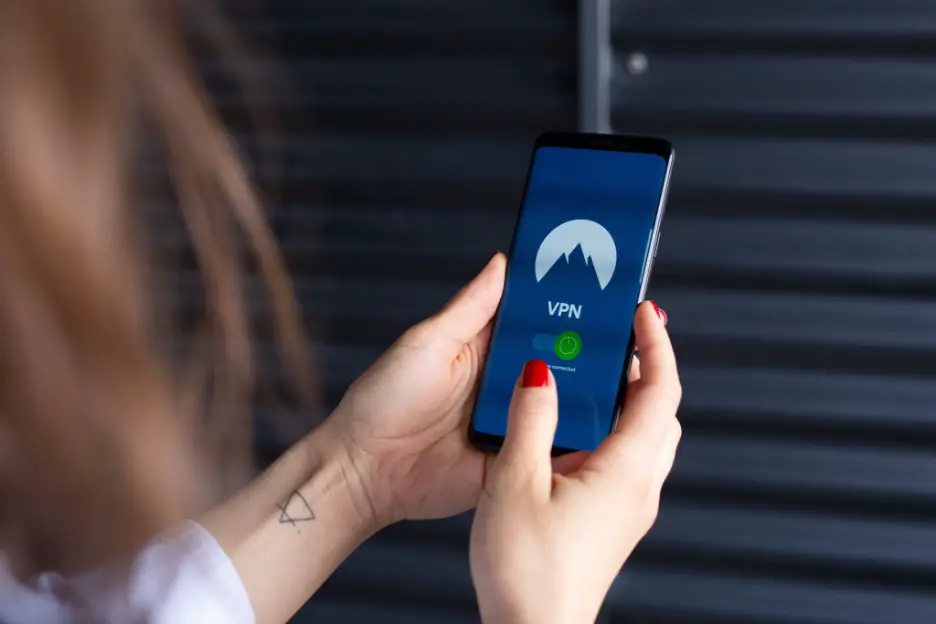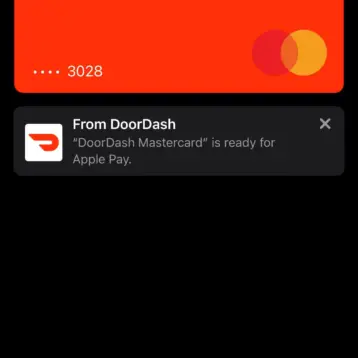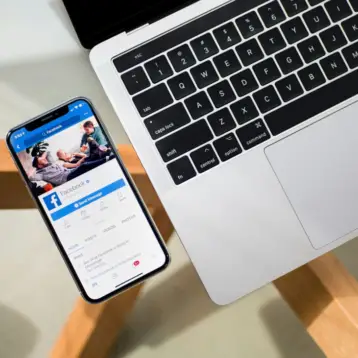
Millions of us are now familiar with what a VPN, or virtual private network, is. Plus, according to statistics, VPN usage is going up in the world for reasons like unblocking media streaming, changing IPs and un-censoring parts of the internet.
One of the lesser-known facets of this technology is that a VPN can make you anonymous. We’ll get into exactly what this means, but just know that it is something you will enjoy having!
Furthermore, most of us have become aware of VPNs via things like sponsored links on YouTube and tech portals where marketing surrounding VPNs has become pretty widespread.
Not everyone may want to use a VPN, or even need to use one, but your desire to do so may increase after you find out what this clever network security software can do for you. Of course, it is also important to understand the limitations of VPNs as well. No software is perfect, thus you must make sure to pick the optimal solution for your needs (and there are a lot of VPNs out there which may confuse you).
What Is a VPN?
A virtual private network, or VPN as it is more commonly known, safeguards your online activity and privacy by masking your real IP address and building a safe, encrypted tunnel for internet access. Your online activity won’t be linked to you by snoops, trackers, or other curious parties. Also, a new level of internet freedom can also be attained by using servers located in various nations to unblock blocked websites (geo-restricted content, for instance). While you could use this ability to access an infinite amount of Netflix content, it also gives you access to media or news from around the world that might be restricted in countries with repressive governments. Some governments can block entire portions of the internet (the nation’s regulatory body does this).
However, the good news is that After downloading the VPN software, you can quickly and easily secure a device and gain access to international content without restriction. But what exactly is a VPN and how does it protect you and maintain the secrecy of your online activity? Although very simple to use, the technology underlying VPNs can be a little difficult to understand. Let’s try to boil it down in layman’s terms.
In most cases, connecting to a VPN is very easy. You download and install the VPN software once you’ve signed up with a VPN service. The VPN will handle the rest after you choose a server to connect to. The VPN will effectively shroud your internet connection in a protective cloak while also replacing your WiFi or ethernet connection’s geographical location!
Why Do You Need a VPN?
So, why use a VPN? Well, your device is constantly exchanging data with other parties on the internet while you are using the internet. You also frequently give websites and other nosy eyes access to your real IP address, which discloses your true location, browsing history, operating system details, device identifiers, and a whole lot more without even realizing it. An IP address is technically called the internet protocol address and usually starts with a number like 10.0.10.23 or 192.168 etc.
How it works is that your internet connection is rerouted through a server in the VPN network, your data is encrypted, and you are given a new anonymous IP address (the VPN network belonging to the company you purchased the package from).
Then, your computer, smartphone, or another device will now have a secure tunnel leading to the internet. Your identity and online traffic are also concealed from your internet service provider (ISP), law enforcement officials, hackers, and other outside parties. Of course, do not conduct any illegal activity thinking that it cannot be traced back to you! (which is why criminals prefer to use the Tor network – but even they can be eventually traced!).
Now, for the disadvantages. Well, there really are no inherent disadvantages to the encryption technology itself (if it is sound) but if you use a shoddy VPN company you can be sure that your browsing activity is being monitored. This is why you should go for a no-logs VPN!
Next, there are limitations in the sense that a VPN cannot do everything. You must adhere to some additional privacy precautions in order to browse the web safely and anonymously. For instance, you’ll still need to frequently clear your cookies. Furthermore, VPNs do have some restrictions.
For instance, a VPN does not stop internet data harvesting algorithms from profiling you and your hardware if you do not use a good privacy browser like Brave, Tor or Firefox Nightly. Next, VPNs by default will reduce the raw speed of your connection because you are adding a layer of security to the mix. How much slower? This depends on the quality of your VPN provider. If you use well-known providers like NordVPN, ExpressVPN, Surfshark and CyberGhost, for instance, you won’t be losing much speed. Furthermore, a good quality VPNn will ensure no dropouts as well as prevent websites from recognizing and blocking your new VPN IP address.
At the end of the day, use a premium VPN with no logs and one that has passed external security and privacy audits successfully! Good VPNs are safe to use, and are not illegal in most countries.
Some people are unsure of the legality of VPNs. After all, the program gives you the ability to increase your online anonymity, which can be quite valuable to hackers and other cybercriminals. It’s considerably more difficult to punish such individuals for their actions if they cannot be located online. However, this does not imply that a VPN is prohibited.
On the contrary, a lot of reputable organizations and enterprises utilize VPNs and endorse their use. A VPN can give you online freedom, which is something that the European Union also supports.



![10 Top Game Sites Not Blocked By School [2024 Updated]](https://thefutureofthings.com/wp-content/uploads/2024/10/image-25-358x358.png)






